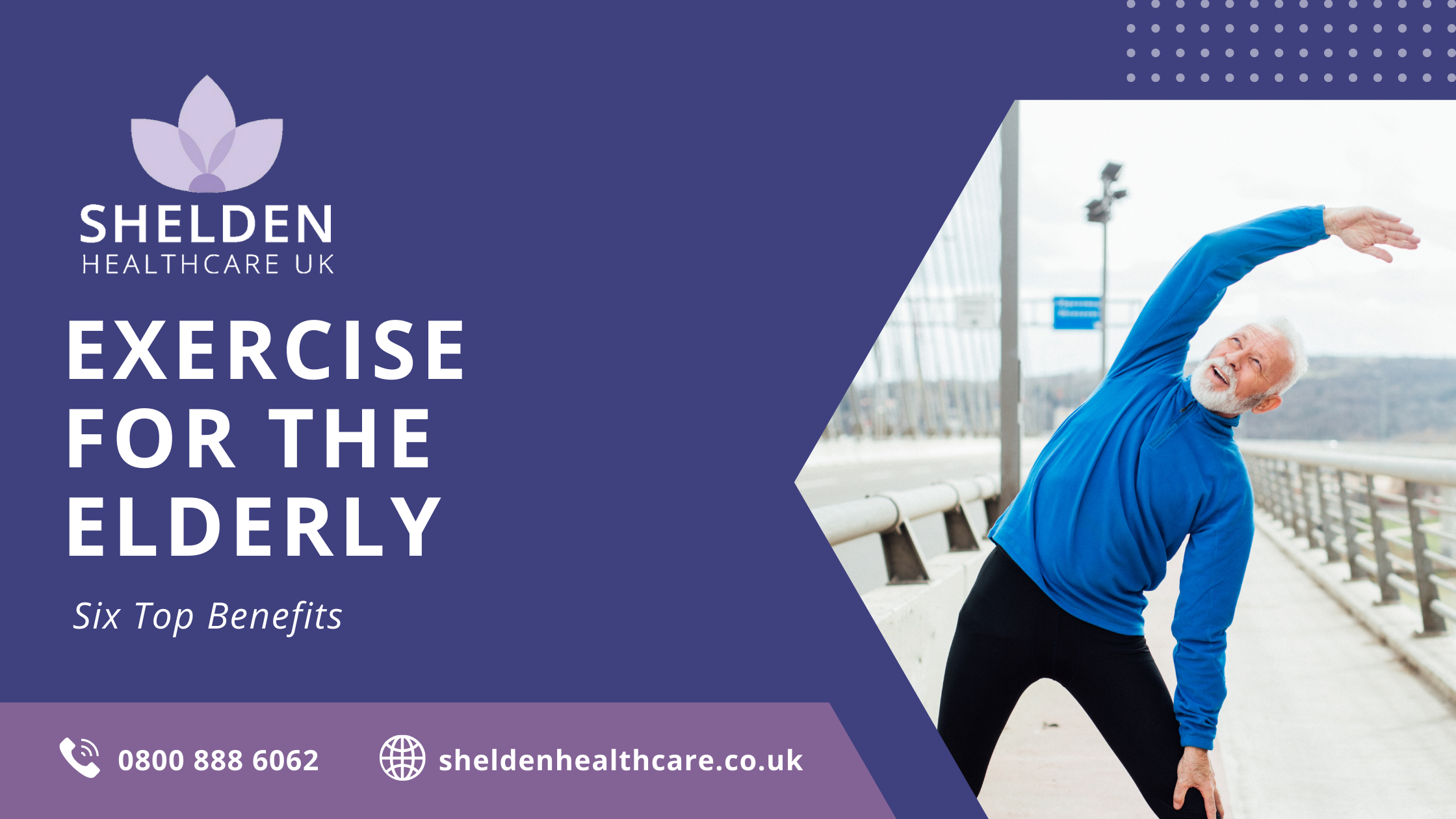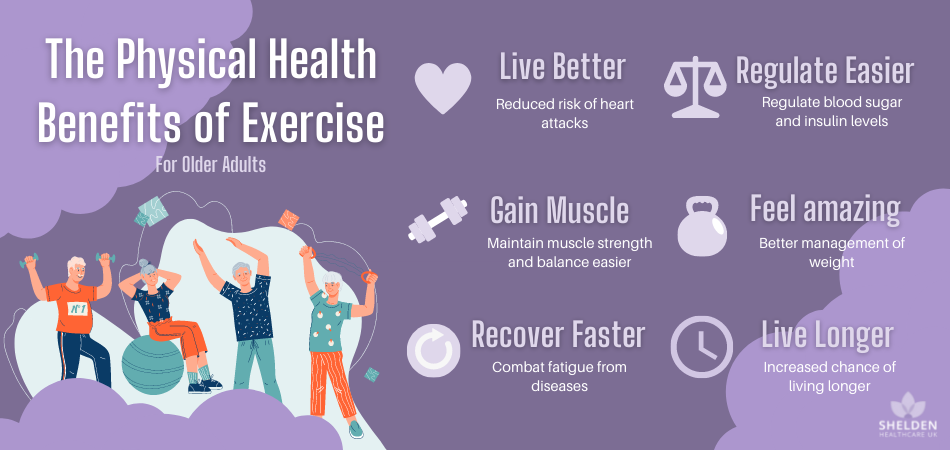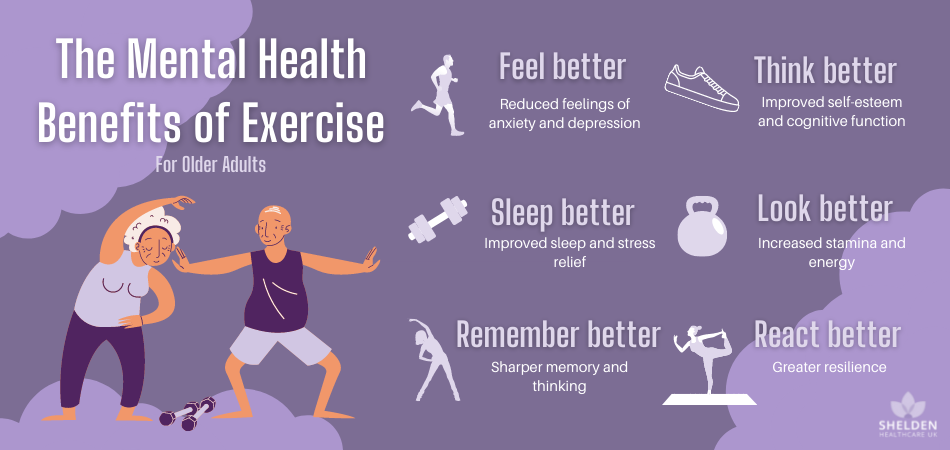Exercise for the Elderly: 6 Top Benefits

We understand that as we get older our bodies can’t perform how they used to, and with seniors that experience difficulty in mobility, it means daily activities are even harder.
It’s known by health professionals that we should aim for at least 30 minutes of physical activity each day. However, the amount of time we exercise for depends on our reason for exercising in the first place. Is your goal to lose weight? Do you want to make sure you’re in a fit and healthy condition?
It's Never Too Late To Get Started!
An active lifestyle becomes essential when we hit those numbers we hate saying out loud, and a Swedish study has found that physical activity is the number one contributor to longevity. It doesn’t matter how early or late you start, you can boost your energy and maintain your independence right this very second! You will learn to experience a greater sense of wellbeing, and that is something you can’t just buy.
What Are The Physical Health Benefits of Exercise?


Reduces illness and chronic disease – Exercise is great for the body as it helps improve and protect the immune and digestive functioning. Not only that, it helps maintain strong bones and muscles, improves blood pressure, reduces heart disease and even particular cancers.
Reduce pain – For seniors who suffer from regular chronic pain, exercise may not be at the top of your list, but it’s proven to help reduce it! Studies have been carried out which essentially show us that it can help control pain, whether it’s lower back pain, arthritis and fibromyalgia to name a few.Those will limited mobility are likely to suffer from chronic pain, but a little exercise can help greatly with the right mobility aids.
Enhances mobility, balance and flexibility – It’s no doubt that exercise improves your strength, posture and flexibility. This develops balance and co-ordination which ultimately reduces the risks of falls and accidents for seniors and the elderly.
What Are The Mental Health Benefits of Exercise?


Improves brain health and memory – Pretty extraordinary, right? Exercise increases your heart rate which in return promotes the flow of blood and oxygen to your brain. This then stimulates the production of hormones which have the ability to enhance the growth of brain cells. Physical activity has also been shown to cause the hippocampus (a small organ located in the brain’s medial temporal lobe) to grow in size – this part of the brain is crucial for memory and learning.
Helps with sleep quality – Fun fact, the energy depletion that occurs during exercise actually stimulates recuperative processes during sleep! In other words, the increase in body temperature from exercise is known to improve sleep quality by helping it drop when you go to sleep. We all need our 8 hours of rest, and physical activity has never been easier!
Energy increase – As regular exercise increases your heart several times a week, it will give you more energy in return. This should be at your own pace, so if you only want to exercise a few minutes each day and build your exercise time up, then that’s the way for you. Be sure to check out a few of our exercise for seniors tips below to get started.
Gentle Exercises for Seniors
Flexibility, strength and balance are key when it comes to exercise for seniors. We have listed a few exercise tips below and a link for full videos and descriptions to help you get started.
For joint flexibility:
• Neck stretches
• Shoulder stretches
• Back stretches
• Hip stretches
• Knee stretches
For cardio:
• Aerobic jog on the spot
• Aerobic sidesteps
• Aerobic jumping jacks
• Aerobic knee raises
For balance:
• Standing on one leg
• Knee touches
• Walking along a straight line
• Standing on one leg using a chair
• Shadowing








